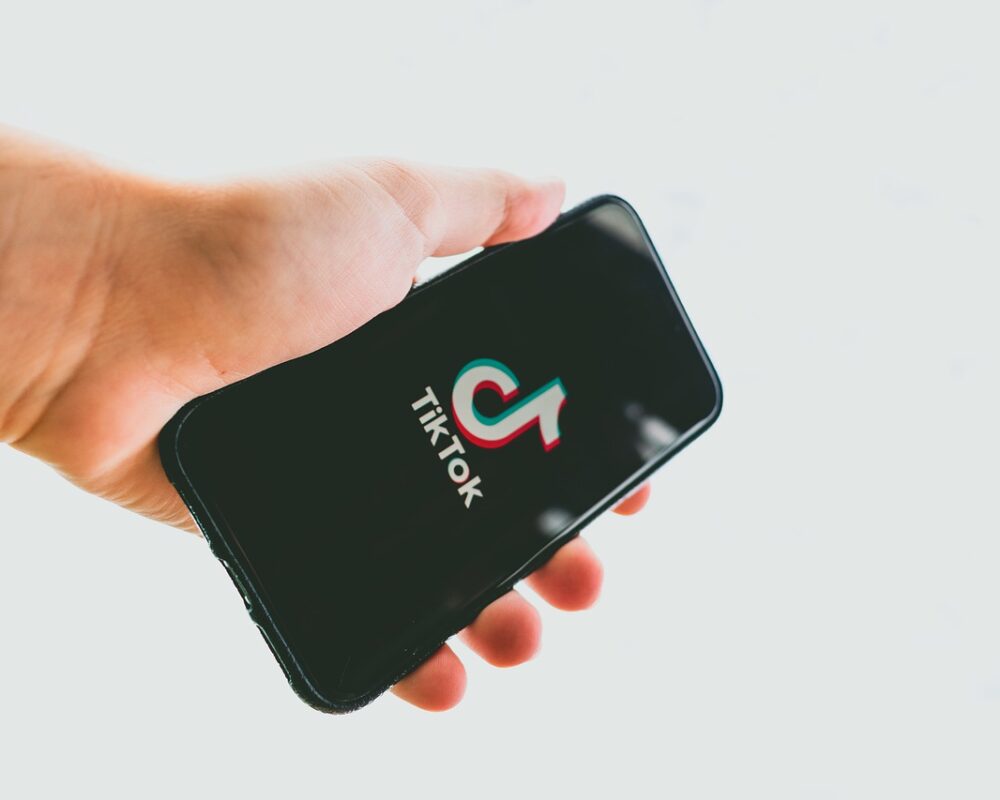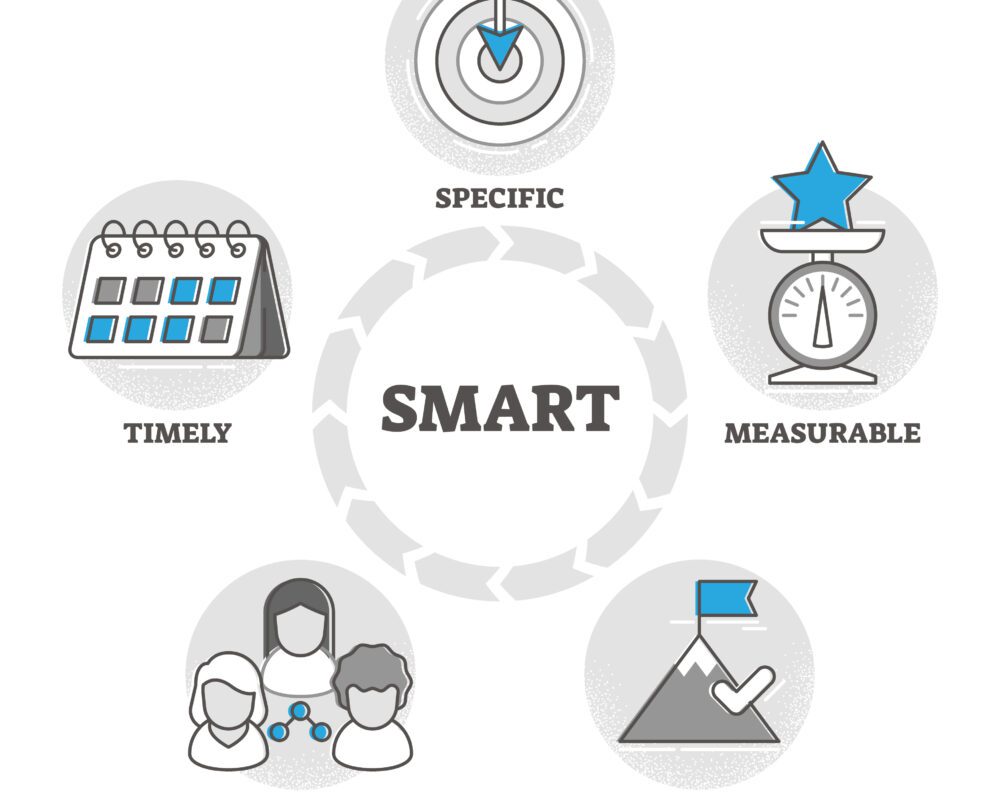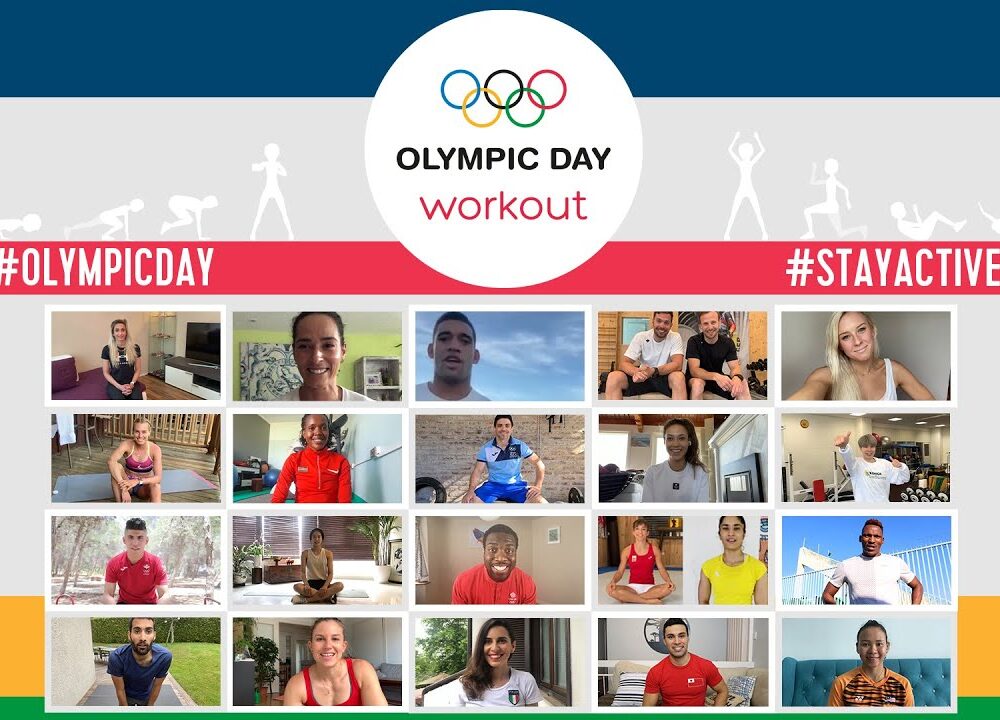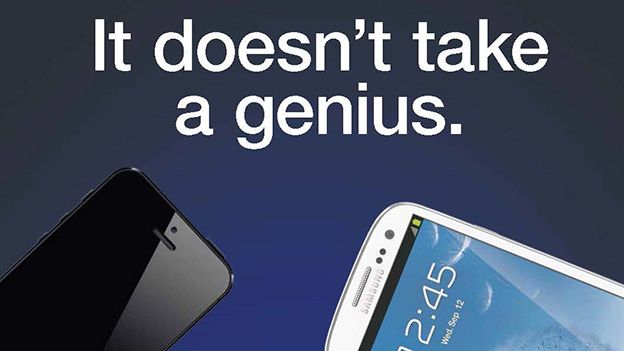Coming up with a killer product, service, or deal that people will love can be hard enough without even considering that you’ve then got to tell people about said product or deal.
This is where social media marketing services come in to make your job easier. Every social media platform can be seen as an untapped source of customers for your business depending on your target audience. You just need to know how to engage with them.
Advertisements for social media are a little different than more traditional TV or physical advertisements. In fact, they’re a little bit of both, with a little unique spin of their own.
Okay so maybe your ads won’t be featured in the Superbowl halftime show, but that doesn’t mean you should put little effort in!
And with all the time and energy it takes to create the content for social media adverts, you’d be a fool not to have a strategy on how you’re going to publish them and track their performance. This is where the campaign element of social media marketing campaigns come into it.
So strap in while we take you through the A-Z of crafting the best social media marketing campaigns.

Building a Social Media Campaign
When building a social media campaign, there are a few things that you need to decide on first that will provide the basis for everything you do moving forward.
First, you need to know what you’re creating a campaign for. Is it for overall brand awareness? Have you got a new product or a deal that you want to promote? Each one will take a different approach to the other and if you aren’t specialised then you’ll be missing out.
Then create audience personas for your target audience. This should be really detailed and based on things like age, where they’re located, their income, what industry they work in, and their interests outside of work. You might think that this isn’t relevant, but it can really help you identify the best ways to meet the needs of your audience.
You should then look at audience data for each social media platform and figure out if you want to spend time and resources creating content for every platform. There might not be any point creating TikToks if your target audience is working professionals on LinkedIn. Although, if it’s anything like our office, TikTok might secretly be their most popular!

Some platforms are better than others for certain things. For example, if you want to maximise your organic reach as opposed to your paid reach, apps like TikTok, Twitter, and LinkedIn are your best friends. Whereas Facebook and Instagram have really in-depth paid ads services that you can use to massively increase your reach beyond what could be projected naturally.
Once you have all this information you can start to think about what you actually want to create. This can be quite difficult as you’re limited only by your imagination! For a few quick tips, try and follow these rules:
- Use consistent branding and high-quality imagery. Consistency in social media marketing is vital to building a positive brand reputation.
- Competitor research can reveal gaps in your industry where you can slide in and provide a service that people on a social media platform are currently missing,
- Create a mission statement for each platform that you use and stick to it. This will keep you focussed on why you’re doing what you’re doing and can stop you getting distracted following trends that don’t suit your goals.
- Consider setting up a content calendar with your desired mix of content. Take a look at our August Social Media Planning Guide for some more ideas.
Objectives for Social Media Campaigns
Social media campaigns should be focussed and stay true to the overall strategy that you have planned. A good way to stick to this is by using SMART objectives.
SMART stands for:
- Specific – create a clear statement that outlines exactly what you want to achieve. Following this can keep you on track with your campaign, avoiding spending resources on things that aren’t important to your campaign.
- Measurable – your goals need to be measurable for you to know if you’ve reached them or not! They can be measured using important metrics like engagement, conversion rate, and cost per thousand impressions (CPM). More on this to come!
- Attainable – when you spend a lot of time taking notes from the best in the business, it can be easy to find you’re left with your head in the clouds after seeing the numbers that they can pull. Be realistic to the size of your business and the assets at your disposal so you aren’t chasing a pipedream.
- Relevant – this means that your objectives should align with your overall marketing goals.
- Time bound – by working to a deadline, you can give yourself a point in time where you can look back on your campaign and decide whether or not it’s worked as you hoped.

One more thing about metrics – you want to use real and meaningful metrics as opposed to what are known as vanity metrics.
Vanity metrics are things like followers or likes to your page. While it’s good to have a big audience, what’s important is your engagement such as likes, high click-through rate sand those all-important conversions. Success with these metrics will increase your organic reach and get your ads in front of more eyeballs.
The most effective social media campaigns are those that take a holistic approach to improving your business. This means that your overall business objectives are tied up into your social media goals which can then be measured using crucial metrics.
Over time you can make changes to your campaign strategy if you think it isn’t working like you want it to. Learning from mistakes is often the best way to learn!
Examples of Successful Social Media Marketing Campaigns
Sometimes the best way to learn something is to see it for yourself. So, we’ll give you three examples of some fantastic social media campaigns from recent years for you to learn from.
Guinness social media campaign
The Guinness social media campaign ‘Made of More’ innovated the Dublin brand’s promotional techniques. Their advert focusing on the Compton Cowboys was the first social media campaign of theirs that had bespoke footage filmed vertically for smartphones and Facebook Canvas, rather than repurposing the footage for TV.
This means that the marketing campaign was planned with a focus on how Facebook and Instagram users consume content and how best to reach and engage with them.
On top of this, they also had artistic and interesting footage creating an intriguing narrative rather than just sticking with stock footage of the product.
Credit: Creative Review
Olympics social media campaign
The Olympic social media campaign for Tokyo 2020 is another interesting example. After the COVID-19 pandemic caused worldwide event delays and ended up delaying the Olympics until July 2021, many marketers would have been panicking about all of their precious content that they’d planned in advance!
What followed was a golden example of adapting to your circumstances and changing your marketing strategy to more successfully find your target audience. The Olympics marketing team went direct to consumer with events like a ‘Giant Workout’ with Olympic athletes from around the world broadcasting live footage over a 24 period.
They also took to social media to give insights into the athlete’s lives, humanising these individuals who are usually so far removed from the everyday person. At the same time, they used hashtags on Instagram to promote exercise (promoting their brand’s ideology) at a time when most people were stuck indoors.

Samsung social media campaign
Finally, as a slightly older example that still stands up today due to it meeting all the basic principles so well, we have Samsung’s social media campaign for the Galaxy S3 smartphone. It’s well publicised that Samsung spent $10 million dollars over three weeks and recouped $129 million in revenue. Not only is this impressive as it is, it was also during the iPhone 5 release! Take that, Apple!
Samsung’s campaign success is wholly due to its solid strategy. They made the most of their information with expert Facebook advertising optimisation, using algorithms to showcase their ads to new, third-party-based individuals as opposed to their current supporters.
It takes time to cultivate this sort of Facebook Ads insight. As an overview, the process essentially first involved identifying current Samsung fans, then creating a list of people who were looking to buy a new phone and removing the current Samsung fans from that list. There’s a lot more to it than this behind the scenes, but it’s based on a solid marketing strategy that made the most of what Facebook can provide.

Social Media Campaign Budget
The average Social Media campaign cost in the UK varies massively depending on the size of your business, what industry you’re in, and if you’re doing it all yourself or if you’re hiring an agency to do it for you.
Bigger businesses will spend more on their marketing budget than smaller businesses. Understandable, when you’re doing well it’s easy to keep going and drop more money on securing even more growth.
For smaller businesses, you should take a look at the funds at your disposal and decide on either a set fee that you can afford to pay or a percentage of your revenue that you can attribute to marketing campaigns. Remember that this is an investment in your business so if you’re on the fence on whether or not to spend a little bit more money then it’s probably worth it.
If you’re planning on doing it all yourself then you can save quite a bit of money, but this means that you’ll have to become a director, scriptwriter, editor, photographer, marketer. Then you also have to learn how to optimise your content for each platform individually which will take more time and, as we all know, time is money!

Maybe you have all of these skills, good on you if so! The majority of people won’t have these talents though, so this means it will be a lot of effort and you’ll likely produce lower quality goods than if you went with experts.
When it comes time to publish your campaign content, you have the choice of going organic or paid. Paid social has a higher chance of being seen by more people outside of your reach but comes with objective based costs like cost per click (CPC) and CPM.
If you’re a smaller business, we always recommend getting professional help with your social media. Our social media marketing team are experts at growing businesses organically and through paid ads, so get in touch if you want to increase your reach quickly and with minimal effort from yourself.


